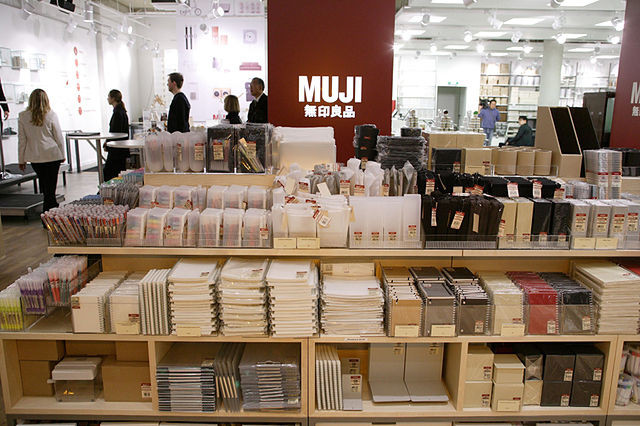The experimental convenience store concept by Japanese retail giant MUJI, known as MUJIcom, seems to be stumbling in the Chinese market. After a short-lived presence, the MUJIcom store in Shanghai's Bao Yang Bao Long Plaza is reportedly shutting down by the end of August 2023, leaving just one surviving outlet in Beijing. Despite repeated attempts to reach MUJI's China team for comments on the closure, no response was received at the time of publication.
Launched in 2016 in Japan and introduced to China in 2020, MUJIcom was envisioned as a compact, community-focused version of the typical MUJI store. These outlets were strategically placed in residential areas, near train stations, and at the base of office buildings, offering a reduced product range and serving as a hybrid space for shopping, dining, and socializing. Despite its ambitious start, the expansion of MUJIcom in China halted after just two stores, raising questions about its market viability.
Unlike in Japan, where MUJI is perceived as affordable, its Chinese entry in 2005 positioned it as a mid-to-high-end brand, appealing to the urban middle class's growing demand for quality and aesthetics. This strategy initially paid off, earning MUJI a dedicated following. However, post-2016, signs of a slowdown became evident, and the pandemic further impacted its physical store operations. Despite these challenges, China continues to be a vital market for MUJI, with new stores opening in smaller tier cities and multiple price reductions to stimulate sales.
Financially, MUJI's parent company, Ryohin Keikaku, reported an increase in revenue but a decrease in profits, indicating that while the brand is growing, it's not necessarily becoming more profitable. This disconnect suggests that MUJI's various strategies, including the introduction of niche concepts like MUJIcom, haven't resonated deeply with consumers.
In contrast to Uniqlo, another Japanese brand thriving in China through co-branding and constant innovation, MUJI's minimalist approach and higher price point might be losing their charm. The market is teeming with similar style brands, and MUJI's reliance on a loyal customer base may be leading to market saturation rather than expansion.
In a bid to rejuvenate its brand, MUJI has undertaken several initiatives. It has reduced prices, diversified its offerings with fresh-food integrated stores, partnered for delivery services, and even ventured into hospitality with MUJI Hotels. However, these investments have yet to translate into proportional profit growth, hinting at an underlying struggle to create a deeper connection with consumers.
MUJI's journey reflects the challenges of maintaining a distinct brand identity while adapting to a dynamic market. As the last MUJIcom in Shanghai prepares to close its doors, the question remains whether MUJI can recalibrate its strategy to resonate with China's evolving consumer landscape.





